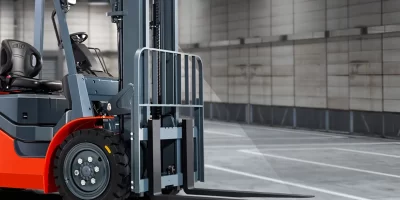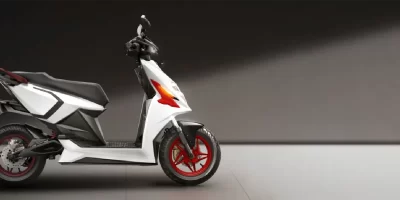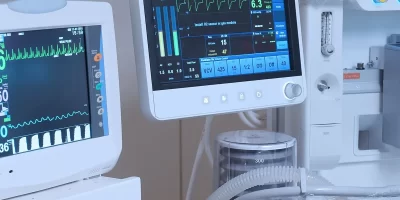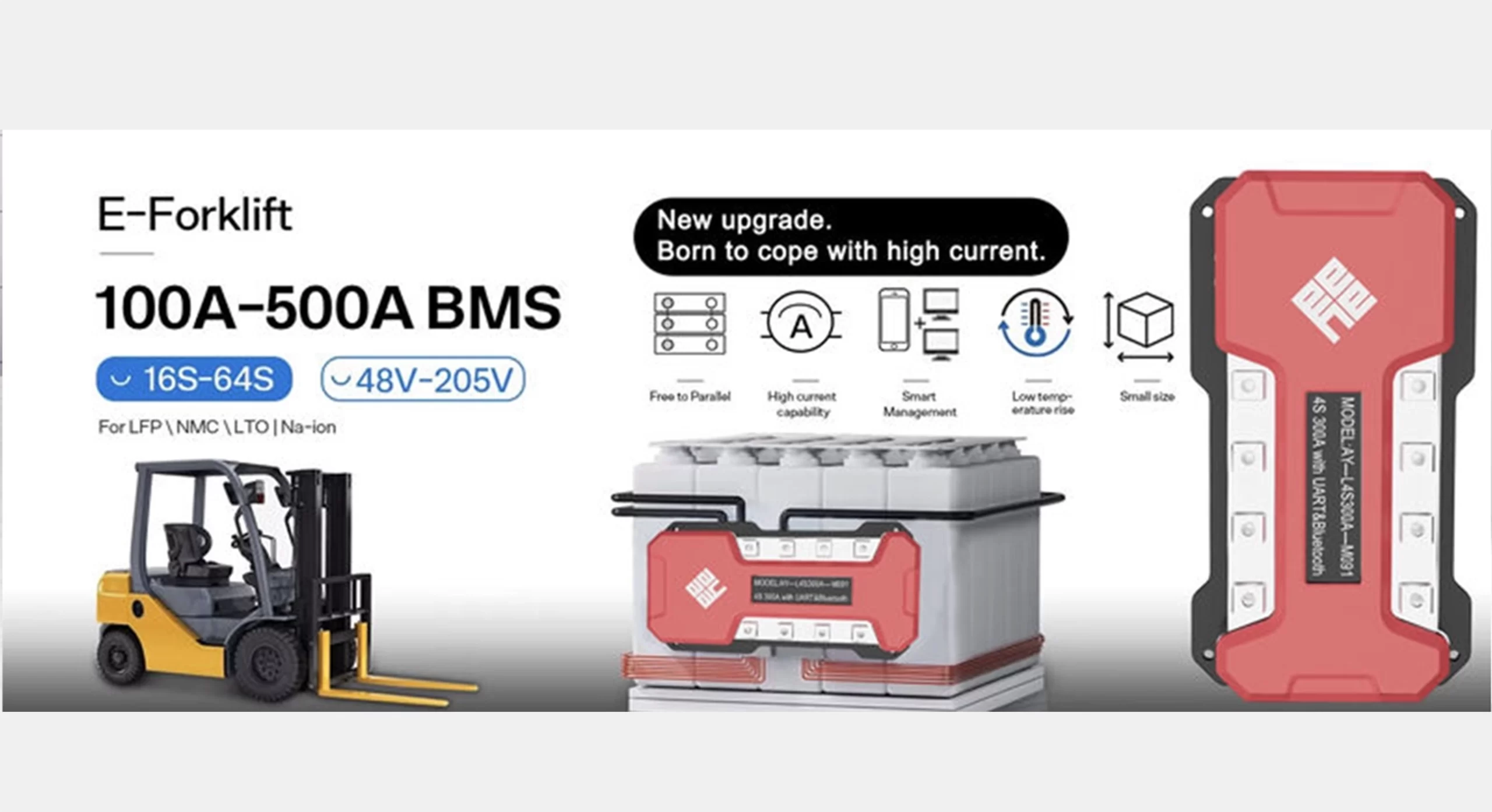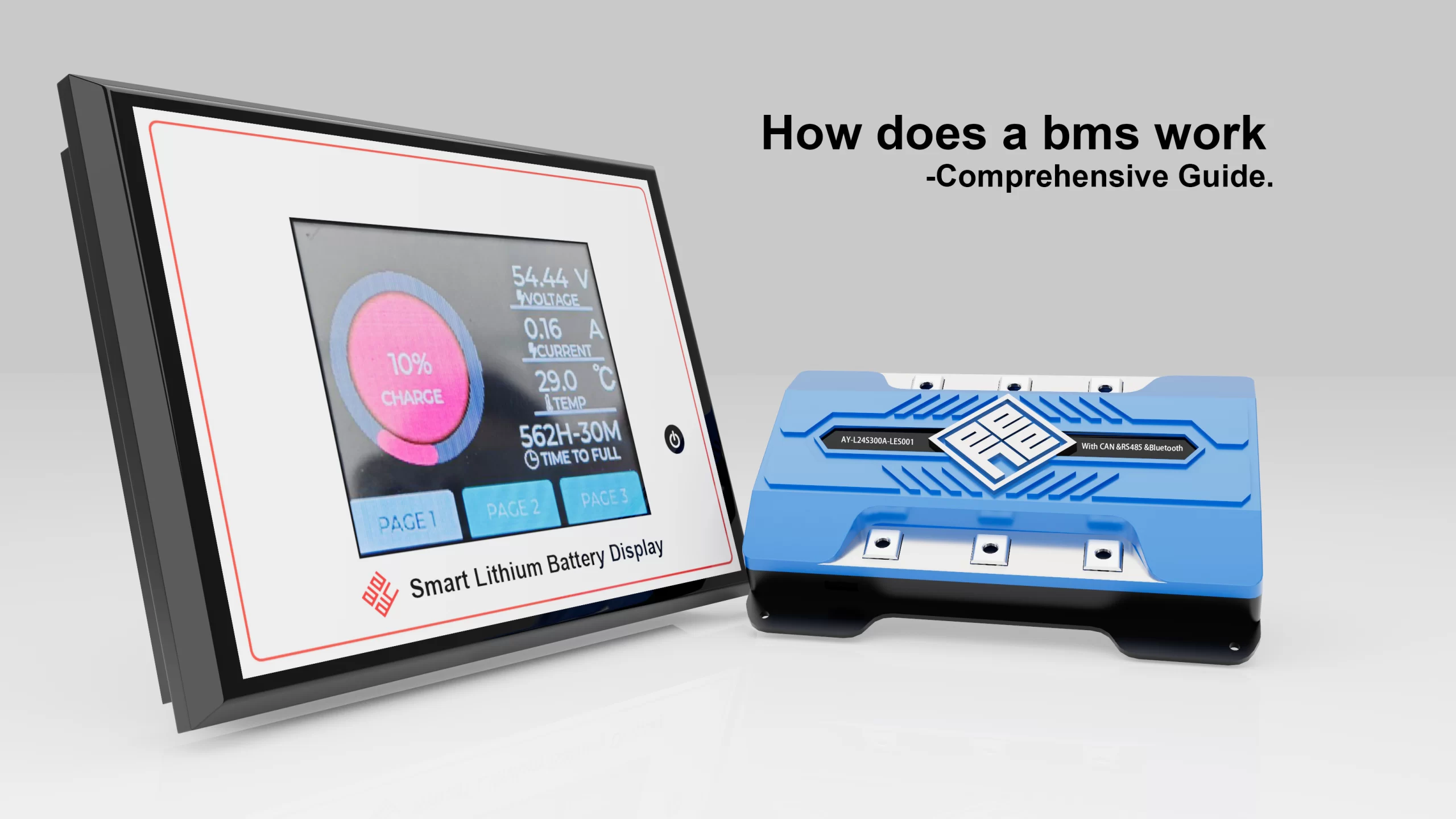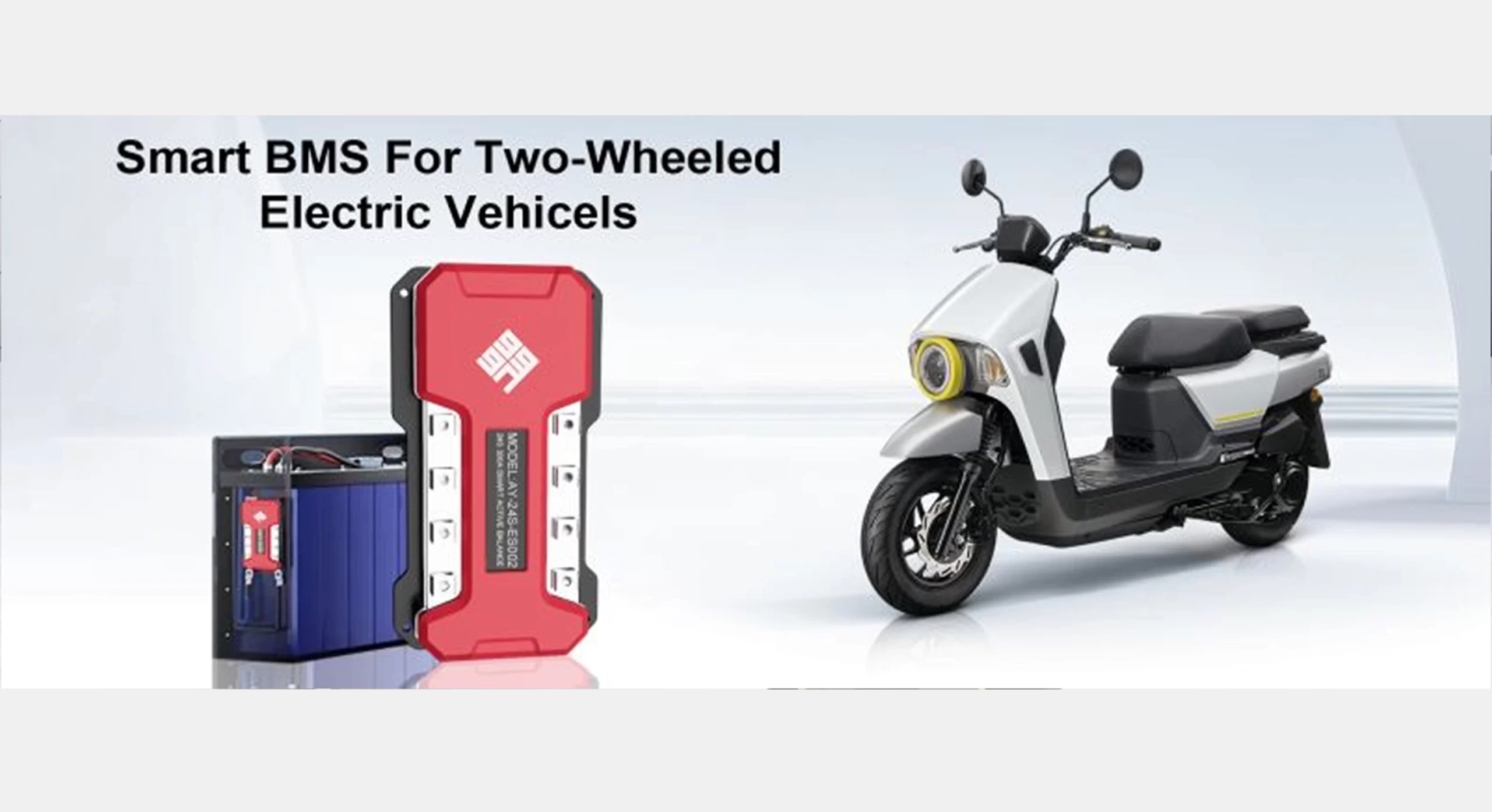ホームページ About Us EVENTS & NEWS Understanding the Core Features of a High-Performance BMS for LiPo Battery Systems
Understanding the Core Features of a High-Performance BMS for LiPo Battery Systems
Understanding the Core Features of a High-Performance BMS for LiPo Battery Systems
Because of its high energy density, lightweight design, and adaptable form factors, LiPo (Lithium Polymer) batteries have become a favored energy source in the rapidly changing fields of portable electronics, electric mobility, drones, and advanced energy storage. However, integrating a strong Battery Management System (BMS) is not only advised, but required because LiPo batteries are infamously sensitive to charging and discharging circumstances.
We will provide an in-depth exploration of the bms for lipo battery systems, focusing on their core features, internal structure, functional principles, applications, and maintenance.

The Importance of BMS for LiPo Battery
A bms for lipo battery is an electronic control unit that monitors and manages the various operational states of a lithium polymer battery pack. In contrast to conventional battery protection circuits, a BMS carries out sophisticated monitoring, balancing, and communication tasks that guarantee maximum performance and safety across the battery’s lifecycle. It also does more than simply cut power during overcharge or discharge events.
Because LiPo batteries are chemically reactive, they can become hazardous if they are exposed to high temperatures, deeply discharged, or overcharged. A bms for lipo battery acts as a safety gatekeeper, offering critical features such as:
- Overvoltage and undervoltage protection
- Overcurrent and short-circuit prevention
- Temperature monitoring and control
- Passive and active cell balancing
- State-of-charge (SoC) and state-of-health (SoH) estimation
- Communication with external systems (via CAN, SMBus, UART, etc.)
Structural Overview of a BMS for LiPo Battery
The design of a bms for lipo battery typically includes both hardware and software components. Let’s take a closer look at the key modules:
- Sensing Circuitry: records cell voltage, current, and temperature data in real time.
- Microcontroller/Processor: makes judgments in real time, runs algorithms, and analyzes data.
- MOSFET Switches: Utilize processor commands to regulate the battery’s power flow.
- Balancing Circuitry: maintains consistent voltage levels between cells, either actively (by dispersing charge) or passively (by wasting energy).
- Communication Interface: permits integration with additional systems, including cloud-based platforms, motor controllers, and chargers.
Shenzhen Ayaa Technology Co., Ltd. designs and manufactures modular BMS architectures that cater to a wide range of voltage levels and application-specific needs—making them an ideal partner for industries requiring custom or scalable bms for lipo battery solutions.
How a BMS for LiPo Battery Works
The primary role of a bms for lipo battery is to ensure that each individual cell within a battery pack operates within safe limits. Here’s how it works step-by-step:
- Monitoring: At the cell and pack levels, the system continuously measures voltage, temperature, and current.
- Protection: To avoid harm, the BMS stops the circuit if aberrant readings are found, such as high current while charging.
- Balancing: To stop cell deterioration, active or passive balancing is used to equalize cell voltages.
- Estimation Algorithms: Kalman filters or machine learning algorithms are used by sophisticated BMS platforms to forecast SoC and SoH, increasing accuracy over time.
With real-time monitoring and predictive analytics, a high-quality bms for lipo battery like those developed by Ayaa Technology ensures longer battery lifespan and optimal performance, even under harsh operating conditions.
Key Features of High-Performance BMS for LiPo Battery Systems
A next-generation bms for lipo battery goes far beyond simple protection. The characteristics listed below set a high-performance system apart:
- High Precision Sensing: Accuracy of ±1% in real-time voltage and current measurement.
- Integrated Communication: Bluetooth, SMBus, and CANBUS modules for remote diagnostics and smooth system integration.
- Advanced Thermal Management: Temperature management that is proactive using external fans or system shutdowns.
- Firmware Update Support: Field-upgradable software guarantees ongoing compatibility and security.
- Compact & Lightweight Design: Designed with space constraints in mind for wearable technology, drones, and electric mobility.
- Cloud Connectivity: IoT platform support for predictive maintenance and remote monitoring.
With all of the aforementioned characteristics, Ayaa Technology’s BMS platforms for LiPo batteries are perfect for mission-critical applications in consumer electronics, robotics, and transportation.
Application Scenarios of BMS for LiPo Battery
The versatility of bms for lipo battery systems is reflected in their wide application across industries:
- Drones and UAVs: High-efficiency and lightweight BMS guards against mid-air power outages and guarantees flight safety.
- Electric Bicycles and Scooters: Controls the cycles of charging and discharging to increase battery longevity and range.
- Medical Devices: Ensures that portable devices, such as portable ventilators or infusion pumps, operate safely.
- Power Tools: Drills, saws, and grinders may operate safely thanks to high-discharge-rate protection.
- Consumer Electronics: Wearable technology, tablets, and phones all benefit from tiny form-factor BMSs with built-in communication and balancing.
With Ayaa Technology’s customized BMS for Li-Polymer Batteries solutions, clients across these industries achieve safer, smarter, and more efficient battery usage.
Maintenance and Best Practices
To extend the operational life of a bms for lipo battery, routine maintenance is essential:
- Periodic Inspections: Verify the performance of heat dissipation, connector tightness, and wiring integrity.
- Software Updates: Apply firmware updates to fix known problems or enhance functionality.
- Calibration: Frequent recalibration guarantees that readings for voltage, current, and temperature are accurate.
- Environmental Protection: Steer clear of extreme vibration, dust, or dampness.
Clients working with Shenzhen Ayaa Technology benefit from comprehensive technical support and training, ensuring that their BMS for Li-Polymer Batteries systems remain in top condition.
Choosing the Right BMS for Your LiPo Battery
When selecting a BMS for Li-Polymer Batteries, consider the following:
- Cell configuration and voltage range
- Continuous and peak current requirements
- Protection features and balancing type
- Communication protocols
- Operating temperature range
- Certification and compliance (e.g., CE, UL, RoHS)
From 1S to 35S, Ayaa Technology provides a large selection of BMS units that may be configured to support currents of up to 320A. With more than 20 years of engineering experience, their solutions are known for their inventiveness and dependability worldwide.
FAQ
Q: Do LiPo batteries need BMS?
A: LiPo battery life is greatly impacted by proper battery management. LiPo batteries run the risk of experiencing degradation, early aging, and capacity loss in the absence of BMS. This may result in decreased battery life and performance.
Q: Do LiPo batteries have BMS?
A: Enhancing the safety of LiPo batteries and extending their service life are made possible by the management system (BMS).
Q: How do I choose the right BMS?
A: You can choose a BMS that best suits your requirements by taking into account variables like voltage, cell count, amp ratings, and compatibility with various battery types. Before choosing, don’t forget to do your homework and fully comprehend the needs of your battery system.
As the global demand for compact, high-performance, and reliable energy storage grows, the need for advanced BMS for Li-Polymer Batteries systems has never been more critical. These solutions not only guarantee security but also enable lithium polymer batteries to reach their maximum performance potential.
By integrating a sophisticated BMS for Li-Polymer Batteries from a trusted provider like Shenzhen Ayaa Technology Co., Ltd., businesses can future-proof their battery-powered applications with confidence.



